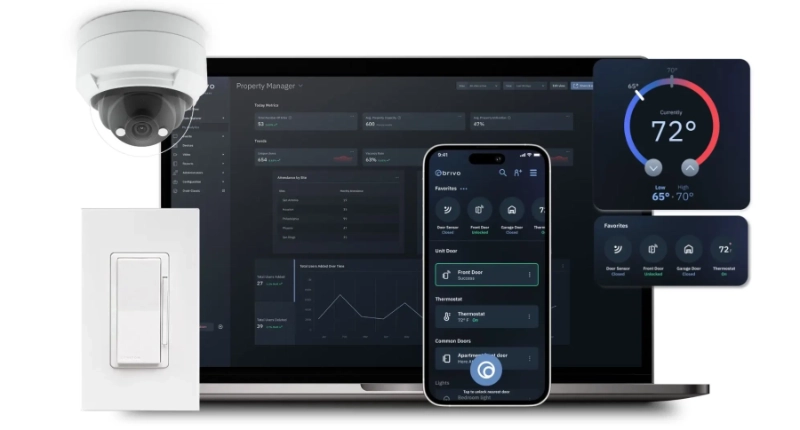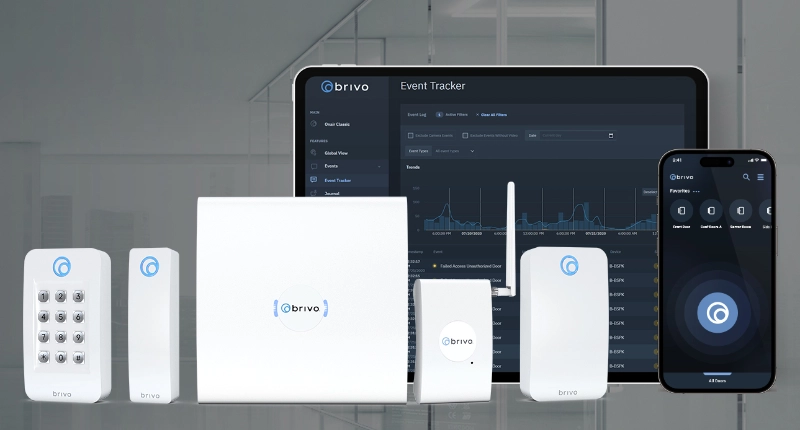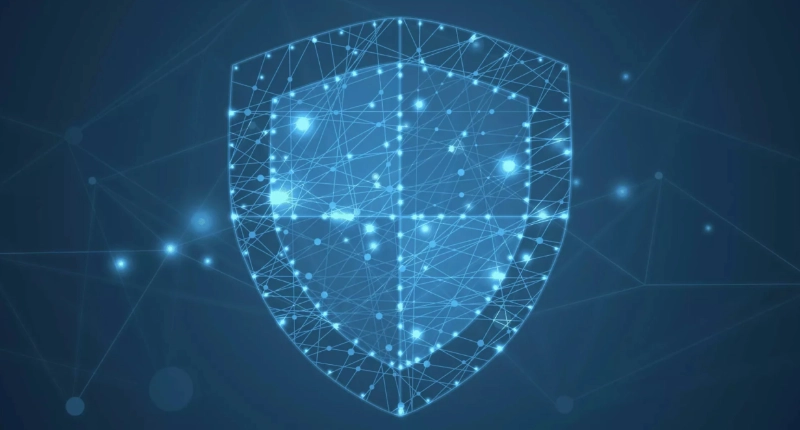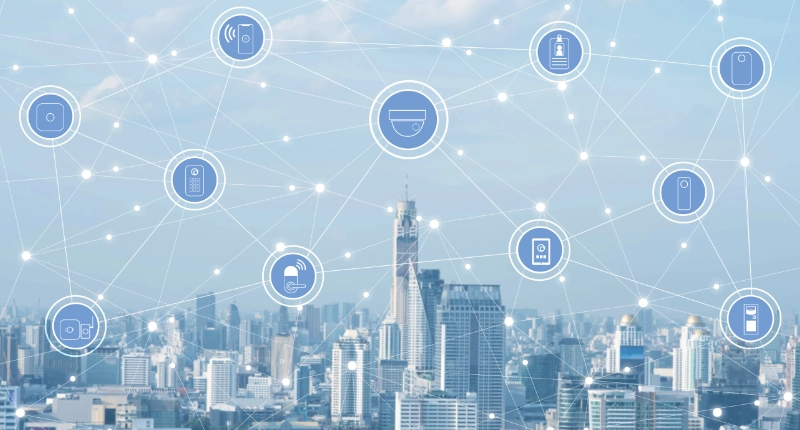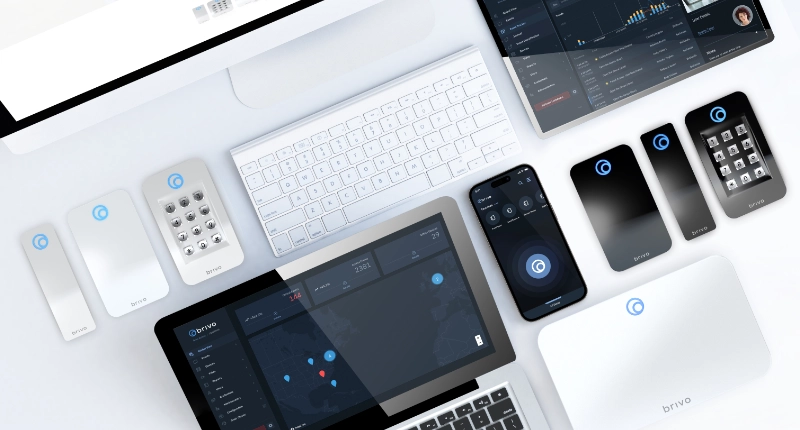Cyber threats are increasingly affecting universities and colleges in the USA. Institutions have experienced a surge in cyber attacks in recent years, including data breaches, ransomware attacks, phishing scams, and malware infections. One driving factor for this increase is the valuable data higher education institutions hold, including sensitive personal information of students, faculty members, and staff, as well as important research data and intellectual property. Universities and colleges are prime targets because cybercriminals know they can gain access to this valuable information.
CYBERCRIME IS A GROWING THREAT TO THE EDUCATION SECTOR
Cybercrime is a growing problem for higher education. Between 2020 and 2021, cyber attacks targeting the education sector increased by 75%.
Like many other industries, the education sector is equally experiencing a dramatic increase in ransomware attacks. Schools, which rarely invest heavily in cybersecurity, are frequent targets for ransomware hackers, even though many don’t have large funds to pay their attackers. Almost two-thirds of higher education institutions were hit by ransomware in 2022. The 2022 Verizon Data Breach Investigations Report stated that 30% of data breaches in the industry were attributed to ransomware attacks. According to an Emsisoft analyst, at least 44 American colleges and universities were attacked with ransomware in 2022.
REMOTE LEARNING INCREASES THE CYBERSECURITY RISK
Decentralized IT infrastructure and the many devices connected to their networks make universities and colleges a prime target for cyber attacks. With students, faculty, and staff connecting to campus networks from a variety of devices and locations, it can be challenging for universities and colleges to keep their systems secure. Additionally, the COVID-19 pandemic has led to an increase in remote learning, opening up more opportunities for cyber attacks as many students and staff now access university resources from off-campus locations.
In conclusion, cybersecurity is essential for universities and colleges to protect their valuable data, intellectual property, and infrastructure from cyber attacks. Cloud-based access, however, offers this sector a more secure way to protect its infrastructure. With the increasing number of cyber threats targeting these institutions, universities and colleges will need to take action to implement robust security measures to safeguard their networks and protect data, staff, and students.



